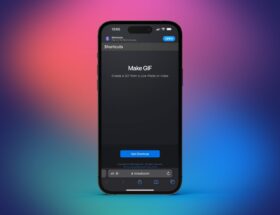
The Federal Trade Commission (FTC) will now go after more scammers after it closed a major loophole in the law.
The agency says the expanded scope of the Telemarketing Sales Rule (TSR) will be especially helpful for seniors, who are disproportionately targeted by scam calls …
Existing telemarketing rules
The law already sets a number of requirements for those who make unwanted sales calls. Telemarketers must:
- submit their telephone number and, if possible, their name to your caller ID service
- promptly inform you which merchant or charity they represent and that the call is a commercial call or charitable solicitation
- disclose all material information about the goods or services they offer and the terms of sale
- obtain your permission to charge you and use a specific account number
They cannot:
- call before 8 a.m. or after 9 p.m. local time
- mislead, insult, or lie about any terms of your offer
- ask you to pay:
- via a cash-to-cash bank transfer (such as Western Union and MoneyGram)
- by providing your reload card PIN (such as MoneyPak and Vanilla Reload)
- by asking for your bank account details to create a type of check you will never see or sign, called a “remotely generated payment order”
Major Loophole Now Closed
Previously, the rules only applied when you received a call. Scammers are increasingly using online advertising and email campaigns to try to convince victims to call them. One common example is a banner ad designed to look like a computer error message.
Many tech support scammers try to trick consumers into calling them by using pop-up alerts and other tactics that claim consumers' computers or other devices are infected with malware or have other problems in order to sell them bogus tech support services. Tech support scammers often want the caller to pay for tech support services they don't need to fix a problem that doesn't exist.
The rule has now been updated to include inbound calls.
The Federal Trade Commission has approved final revisions to its Telemarketing Sales Rule that will expand the rule's coverage to so-called “inbound” telemarketing calls made for technical support services. These include calls from consumers to companies offering technical support services through advertising or direct mail.
While scammers can be prosecuted for fraud, the TSR allows action to be taken against them even if victims do not fall for the scam. Scammers are also asking for payment through methods that can’t be reversed, and now even asking for one of these payment methods will be illegal.
The FTC says the change will help protect seniors in particular.
Consumers 60 and older were five times more likely than younger people to report losing money to tech support scams last year, the FTC recently told Congress. Older consumers reported losing more than $175 million to tech support scams last year.
You can play a role by helping educate non-tech-savvy friends and family members about the dangers of fake tech support calls.
Photo by Keith Tanner on Unsplash









